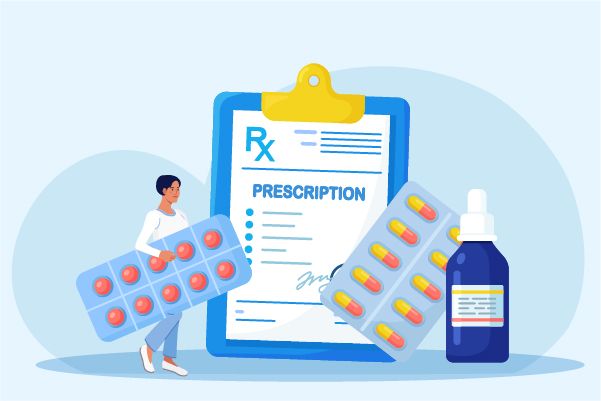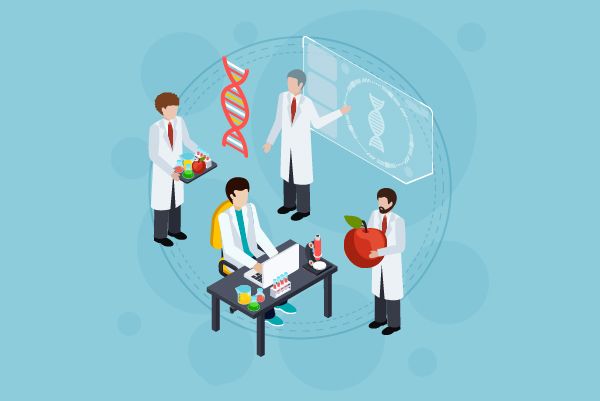What are the side effects of drugs?
“Side effects” refer to adverse drug reactions. Academically, the side effects of drugs are only one kind of adverse drug reactions, also known as side reactions, which refer to the effects of drugs that are related to the pharmacological activity of drugs but not related to the purpose of medication when they are taken at normal doses. Drugs with such reactions have more than two pharmacological effects. For example, atropine has the effect of relieving the spasm of gastrointestinal muscle tissue and expanding the pupil. When patients take atropine to treat gastrointestinal pain, it is easy to produce side effects of blurred vision. In addition to side effects (side reactions), adverse drug reactions also include toxic effects (toxic reactions), sequelae effects, allergies, etc. Generally speaking, the side effects of drugs are mild. If some people have serious side effects, they should consider switching to other drugs. Patients taking a certain drug for the first time should generally start from a lower dose, and pay attention to the efficacy and side effects after taking it; If the curative effect and side effects are not obvious, the dose can be appropriately increased according to the doctor's advice, but it cannot exceed the maximum therapeutic dose. After increasing the dose, it is necessary to closely observe whether there are adverse reactions.




